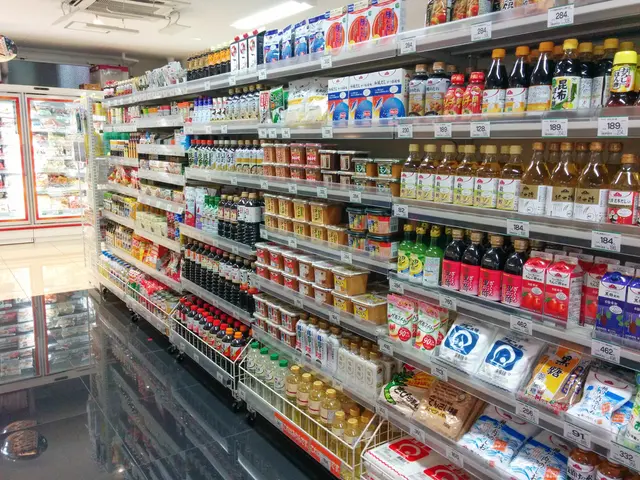Trade agreement between EU and US potentially detrimental to Europe's economic well-being, claims economist.
In a guest article published in the "Handelsblatt" on Wednesday, Jens Südekum, chief advisor to Federal Finance Minister Lars Klingbeil (SPD), has criticised the recent EU-USA trade deal as economically disadvantageous for Europe. His assessment has been met with sharp criticism from several EU states, yet Südekum continues to advocate for renegotiations.
Südekum's criticism centres around the higher tariffs that Europe must accept while the USA clearly benefits. He argues that the current 15% tariff on most EU exports to the U.S. harms EU competitiveness compared to prior lower rates and to other trade partners. A fair deal, according to Südekum, would look different.
The potential renegotiation strategies for the EU, as suggested by Südekum, focus on leveraging internal unity, calibrated negotiation, and credible retaliatory options to improve European terms. Balancing internal EU consensus is crucial, recognising the divisions among member states, especially between those prioritising protection of national industries and those favouring stronger retaliation.
The EU has identified $84 billion worth of U.S. goods for possible retaliatory tariffs, including industrial goods and agricultural products. This credible threat strengthens the EU’s negotiating position. The EU could also push to lower or phase out this tariff rate to improve market access, pointing out the imbalance as the U.S. retains much lower or zero tariffs on EU goods.
Another key aspect of potential renegotiation strategies is addressing commitments on investment and energy purchases. The agreement obliges the EU to invest $600 billion in the U.S. and purchase $750 billion of U.S. energy over three years. EU negotiators could seek to revise or recalibrate these commitments to reduce financial and geopolitical risks for Europe.
The list of products on which the USA has agreed to waive tariffs, highlighted by Südekum, could be used as a potential negotiating tool for Brussels. Utilising this list could transform the current agreement into a "real trade deal".
Südekum acknowledges that the reaction from EU states may be exaggerated, but he maintains that Europe has little resistance to Washington's aggressive course in the trade deal. Some EU states view the EU-USA trade deal under Donald Trump's administration as "an act of self-diminution" or even as "the death knell for free world trade."
In sum, the EU’s renegotiation approach based on Südekum's critique would be to consolidate internal support, make credible retaliatory threats, reduce tariffs and unequal commitments, and employ a mixture of firm negotiation and diplomatic engagement to correct the perceived disadvantages of the current deal.
- The critique from Jens Südekum, a chief advisor to the Federal Finance Minister, has sparked a discussion about the European Union's (EU) approach to business, finance, and politics, as he believes the EU-USA trade deal is economically detrimental.
- To improve the current EU-USA trade deal, Südekum suggests using a list of products on which the USA has agreed to waive tariffs as a potential negotiating tool, aiming to make the agreement more equitable and turning it into a "real trade deal".





